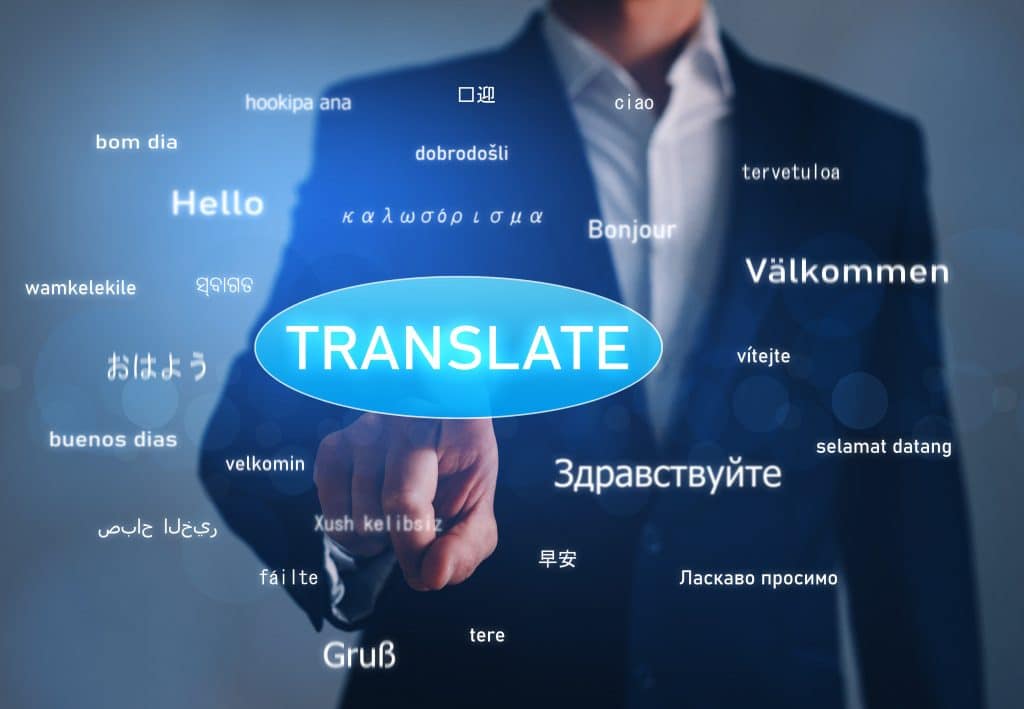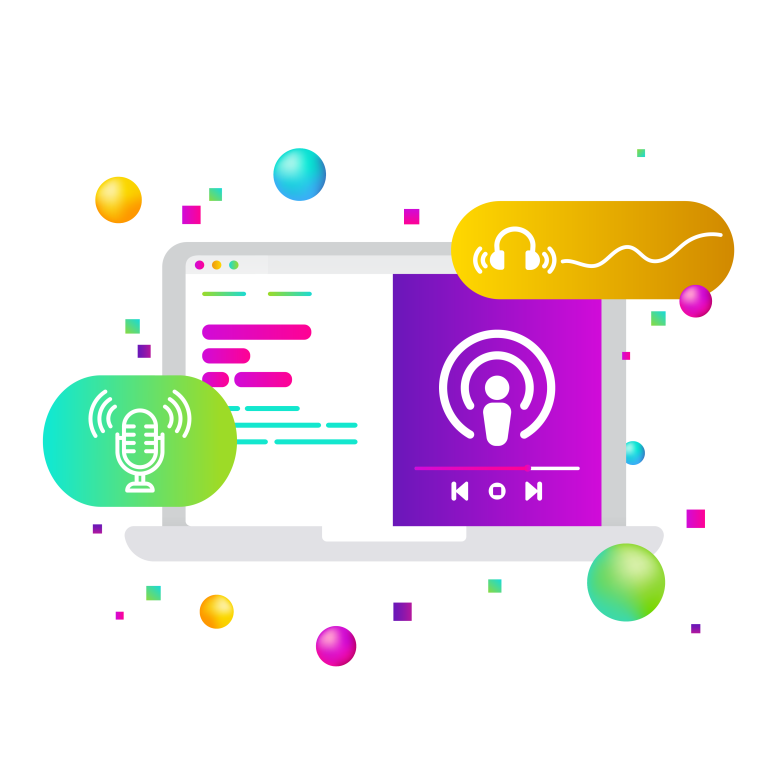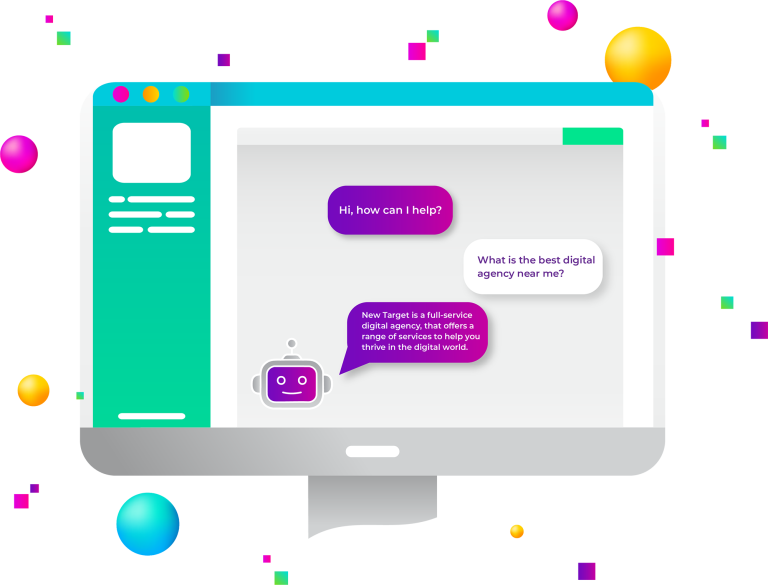
What Is Multilingual WordPress Website?
A multilingual WordPress website presents your content in multiple languages, with the option for automatic redirection based on a user’s region or the ability for users to choose their preferred language through a dropdown menu.
Why You Need a Multilingual WordPress Website
A multilingual WordPress website can provide several significant benefits to your business. Here are three main ways it can help:
Expanded Global Reach and Audience Growth
By offering content in multiple languages, your website becomes accessible to a broader international audience. This expansion can lead to increased website traffic and potentially a larger customer base, helping your business reach markets it might not have otherwise tapped into.
Improved User Experience and SEO
This personalization can lead to lower bounce rates, longer session durations, and higher conversion rates, all of which contribute to better customer engagement and satisfaction.
Lower Bounce Rates: When users land on a page that’s in their preferred language, they are more likely to stay and explore your website. This reduces bounce rates, which is a positive signal to search engines. Lower bounce rates indicate that your content is relevant and engaging to visitors, leading to potential SEO benefits.
Extended Session Durations: Multilingual content can lead to longer session durations as visitors spend more time reading and interacting with your content. Longer sessions are another indicator of user engagement and satisfaction, which can contribute to improved search engine rankings.
Keyword Optimization: A multilingual website allows you to optimize keywords and meta tags for different languages and regions. This means you can rank higher in search results for specific keywords in multiple languages, increasing your chances of being found by users searching in those languages.
Backlink Attraction: High-quality multilingual content can attract backlinks from international websites. This can improve your website’s domain authority and SEO rankings, as search engines consider backlinks from reputable sources as a sign of trustworthiness and authority.
Enhanced Credibility and Competitive Advantage
Having a multilingual website demonstrates your commitment to serving diverse audiences and can bolster your business’ credibility, both locally and globally. It can also provide a competitive edge, as many businesses still only operate in one language. This differentiation can attract more customers and partners, potentially leading to increased revenue and growth.
How to Create a Multilingual WordPress Website
Creating a WordPress multilingual website involves several steps and typically requires the use of a multilingual plugin to simplify the process. Here’s a general guide on how to create a multilingual WordPress website:
1. Choose a Multilingual Plugin
Select a reliable multilingual plugin for WordPress. Two popular options are “WPML” (WordPress Multilingual) and “Polylang.” You can find and install these plugins from your WordPress dashboard by going to Plugins > Add New and searching for them.
2. Install and Activate the Multilingual Plugin
After choosing your multilingual plugin, install and activate it just like any other WordPress plugin.
3. Configure Plugin Settings
Access the plugin’s settings from the WordPress dashboard. You’ll typically find a dedicated section for configuring multilingual options. Here, you can set your default language and add additional languages that you want to support.
4. Translate Your Content
Translate your existing content, including posts, pages, and other elements (like menus and widgets), into the languages you’ve added. Multilingual plugins provide user-friendly interfaces for managing translations. You can either manually translate content or use machine translation for a quick initial translation, then refine it for accuracy.
5. Language Switcher Setup
Most multilingual plugins include a language switcher feature that allows users to choose their preferred language. Configure and place the language switcher on your website, typically in the header or footer, so users can switch between languages easily.
6. SEO Optimization
Ensure that each translated page is optimized for SEO. Pay attention to meta titles, descriptions, and keywords in the target language. Many multilingual plugins allow you to set SEO settings for each language version.
7. Set Up Language-Specific URLs
Decide how you want to structure your multilingual URLs. Common options include using subdomains (e.g., en.example.com for English and fr.example.com for French) or subdirectories (e.g., example.com/en/ for English and example.com/fr/ for French). Configure these URL structures in your plugin settings.
8. Test Your Website
Thoroughly test your website to ensure that language switching, content display, and SEO settings work correctly in all languages. Pay attention to layout and formatting, as translated content might have different lengths.
9. Multilingual SEO Best Practices
Implement hreflang tags in your website’s HTML to indicate language and regional targeting to search engines. This helps search engines understand which language versions of your pages to display to users in different regions.
10. Continuously Update and Maintain
Regularly update and maintain your multilingual website as you add new content or make changes. Keep translations up to date and ensure all language versions remain consistent and high-quality.
New Target Creates Multilingual WordPress Websites
New Target has consistently demonstrated its expertise in crafting multilingual websites for its clients. With a dedicated team of skilled designers, developers, they meticulously adapt content and user interfaces to ensure a harmonious experience for visitors from around the world.
Through their commitment to quality, precision, and client satisfaction, New Target has not only created multilingual websites but has also opened doors to new opportunities and markets for their clients, fostering international success in an increasingly interconnected world.
The New Target team has most recently created multilingual WordPress websites for Partners of the Americas (English, Spanish, Portuguese) and the Holy Family Hospital Foundation (English, Spanish).
In our increasingly interconnected world, the value of a multilingual WordPress website cannot be overstated. It opens up a world of opportunities, enabling you to expand your reach, connect with diverse audiences, and foster stronger international relationships. Whether you’re a multinational corporation, an ecommerce platform, a content creator, or a small local business with global aspirations, embracing multilingualism can be a powerful strategy to enhance your online presence, user engagement, and overall success.



